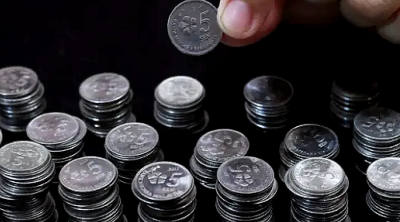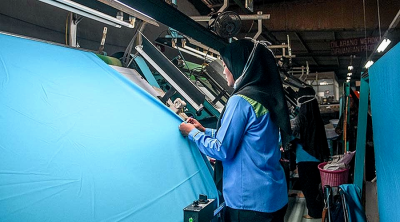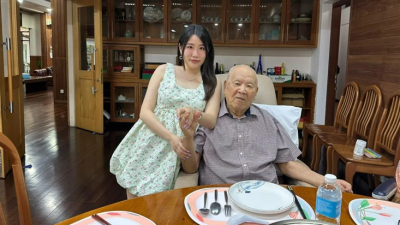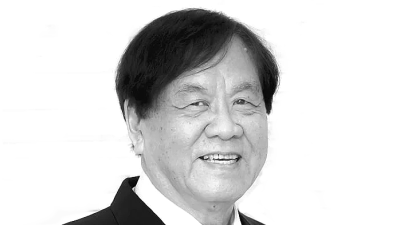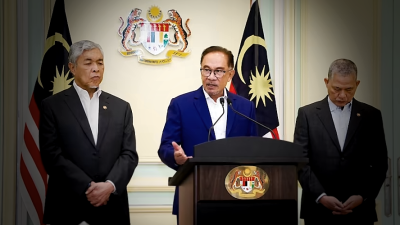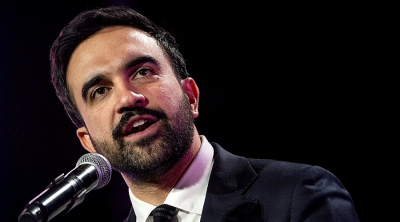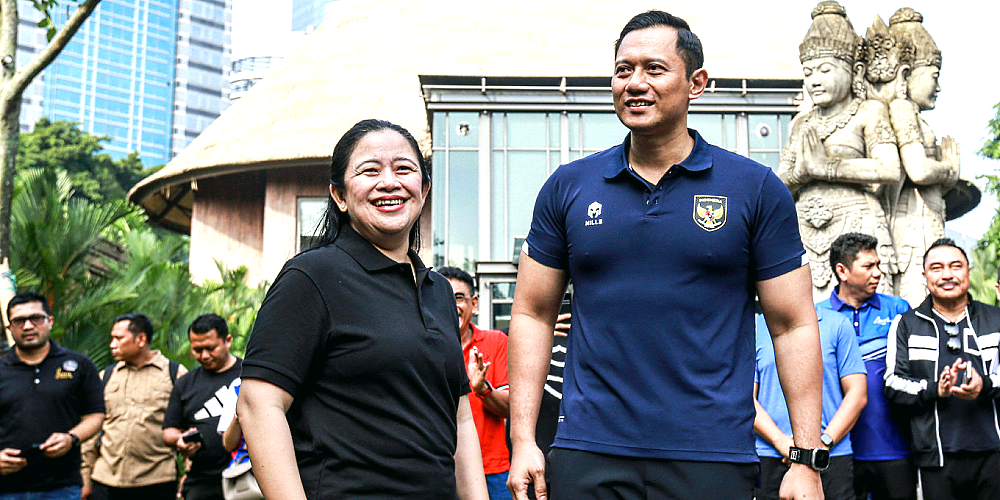
Much has been written about Indonesia’s business oligarchy, an academic concept employed to explain the situation where a small cluster of elites controls most of the wealth in the country, so significant is the size of this wealth that members of this elite group can exercise significant control over the country’s politics
It is almost a given for analysts, journalists and the average person to blame this cluster of oligarchs for the country’s economic and political predicament.
It is interesting to note that the word oligarchy is popular while we have a leader like President Joko “Jokowi” Widodo, a populist politician who was elected into office, strangely enough, due to his campaign promise to break the dominance of Jakarta’s elite.
His profile as a mayor from a small town in Central Java, helped Jokowi project an image of a politician that would upend the political establishment.
Yet, as we focus too much on business oligarchs, we lose sight of another type of oligarchy, a benign type operating in the country’s party-based political system. Despite its harmless appearance, this oligarchic structure has deleterious impacts on the country’s path toward a mature democracy.
A healthy democracy requires the participation of robust political parties competing in elections, and that parties or collections of parties design political programs with which voters can align their interests.
The problem is that while political parties externally are willing to contest elections, internally most political parties refuse to allow free competition to enable a regular turnover of party leadership.
As a result, we now have an oligarchic structure, similar to what we see in business, growing like a cancer in the bowels of the major political parties.
And of course we are talking about the outsized power wielded by some of Indonesia’s biggest political families in deciding the direction of the country’s politics.
After more than two decades of Reform, now it is more or less settled not only that political parties rely on figures and personalities to guarantee good outcomes in general elections, it is also family members of these personalities and figures who are fully in control over how individual political parties should be run.
Takes one to know one.
When asked about the decision by the Democratic Party to support the presidential bid of Defense Minister Prabowo Subianto, Surakarta Mayor Gibran Rakabuming Raka with a typically sardonic comment chose to focus on the fact that the party chairman Agus Harimurti Yudhoyono’s (AHY) father was former president Susilo Bambang Yudhoyono.
“He was dropped off by his father, wasn’t he?” Gibran quipped.
That is rich coming from someone who was elected into office largely because of all the privileges that come from being the son of a sitting president.
But Gibran’s joke about AHY was nothing compared with the tragicomic stunt pulled off by his younger brother Kaesang Pangarep, who despite his novice status in politics, could ascend to the top leadership position at the youth-oriented Indonesian Solidarity Party (PSI).
It was the easiest party takeover in history.
Only two days after he was granted membership of the party, Kaesang was swiftly elected as PSI chairman, replacing outgoing chairman Giring Ganesha, one-time leader of the middling pop band Nidji.
But again who could blame PSI leaders for taking the easy way out in choosing the cult of personality over party programs? Everyone else is doing it, so why can’t they?
Post-Reform, political parties are barely distinguishable from one another and they mostly rely on charismatic figures to inspire loyalty and deference.
And while Indonesia’s politics may have all the hallmarks of a modern political system, internally a kind of feudalism prevails within individual political parties, with privileges being passed down through generations.
A cursory look into Indonesia’s political scene can show us the “oligarchy” of a handful of political clans running the show.
We already discussed the efforts by members of President Jokowi’s family to muscle their way into the country’s political system and the attempt by former president SBY’s clan to maintain its relevance in today’s politics.
On the opposite side, the clan of Soekarno is looming large over the Indonesian Democratic Party of Struggle (PDI-P).
With Soekarno being the most famous name in the country’s modern history, it only makes sense if the leadership of the PDI-P wants to stay on brand and will only allow someone from that family to hold the party’s leadership for the foreseeable future.
As the current party chairperson Megawati Soekarnoputri enters her senior years, she has begun to deputize the job of leading the party to her daughter Puan Maharani, who we can expect very soon to officially take over from her mother.
We can easily find this pattern in other major political parties.
NasDem chairman Surya Paloh may still call the shots on major party decisions but his son Prananda Surya Paloh has begun to carve his own path in the party. Currently, Prananda is the head of the party’s campaign operation.
It is also a family affair for the country’s second-largest party, Gerindra. Party chairman Prabowo Subianto in fact doubles as chairman of the party’s advisory board. And to further keep it in the family, Prabowo appointed his younger brother Hashim Djojohadikusumo as deputy chairman of the advisory board.
Such a concentration of power no doubt allows for a swift decision-making process and in the fast-moving nature of Indonesian politics that could help a political party stay above water.
But there is where the danger lies, as we cannot expect these political parties to protect democracy if they do not walk the talk.
And these political parties should know that there is only a fine line that separates (political party) feudalism from authoritarianism.
ADVERTISEMENT
ADVERTISEMENT









